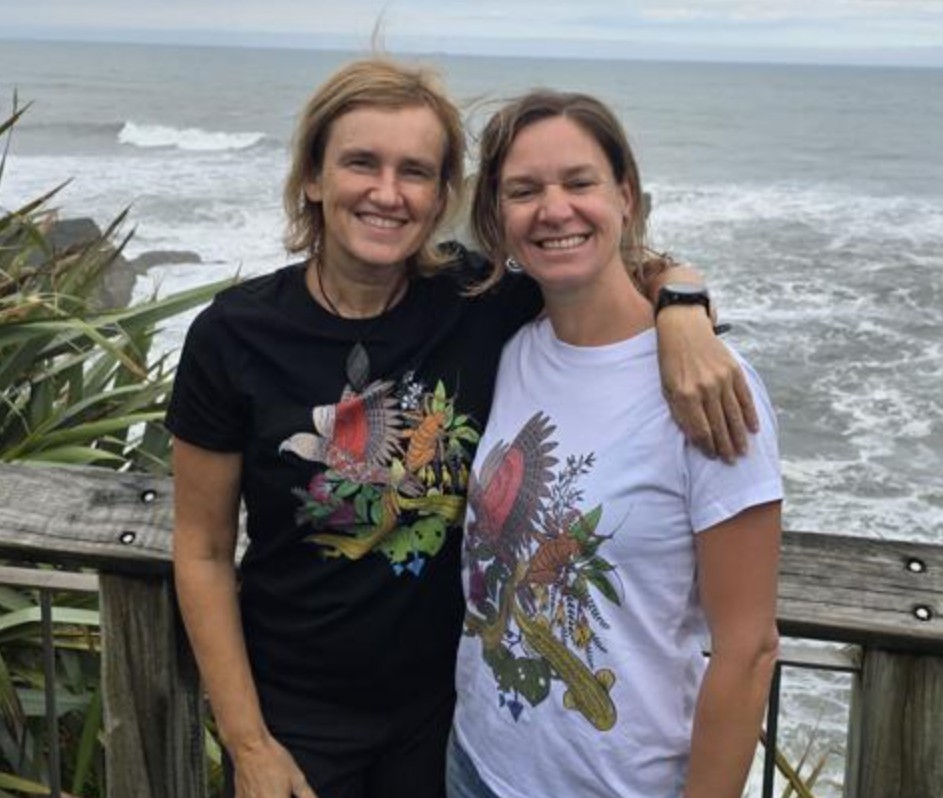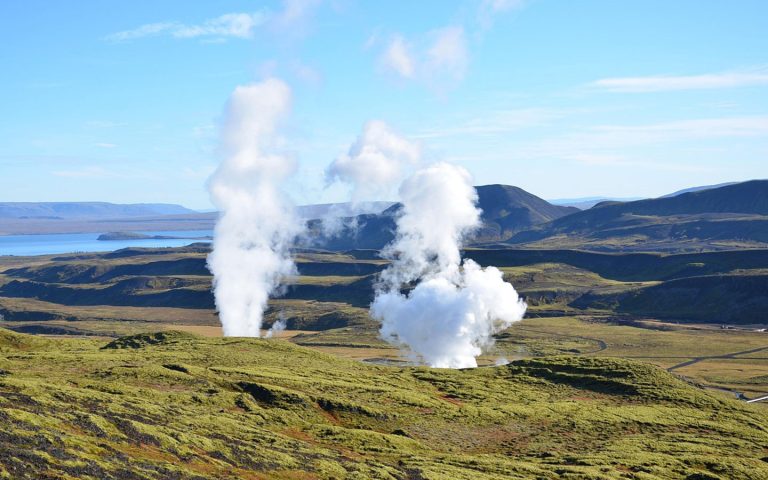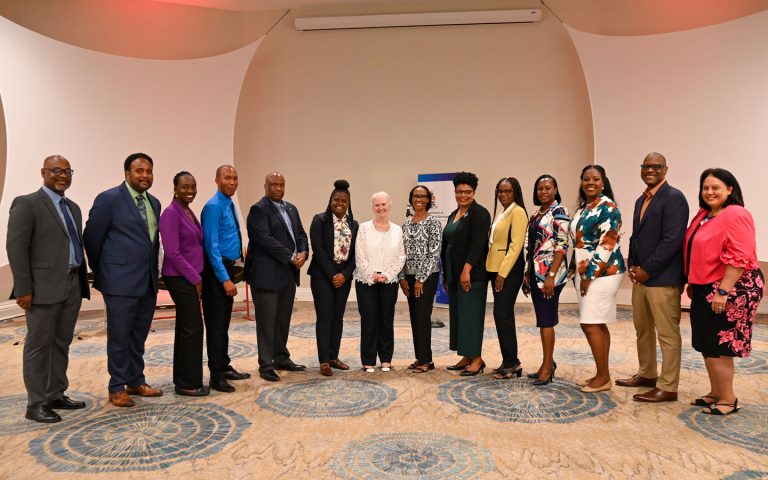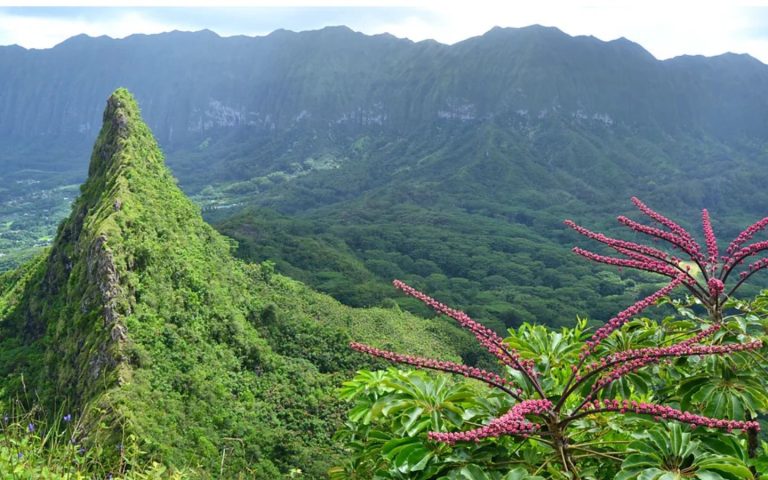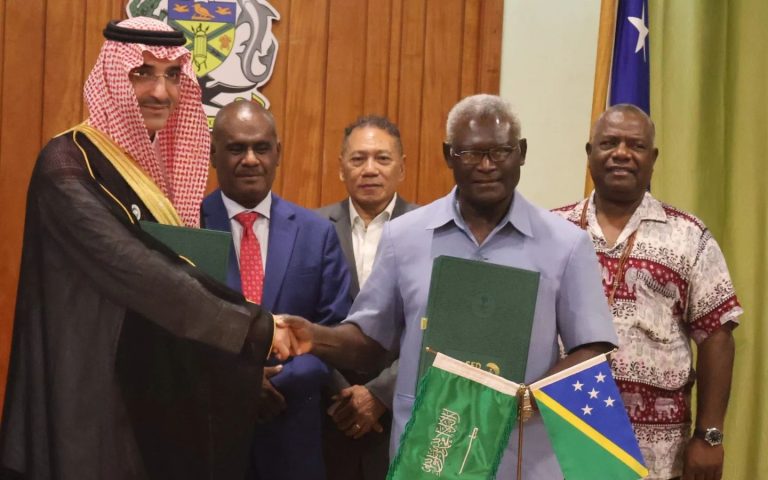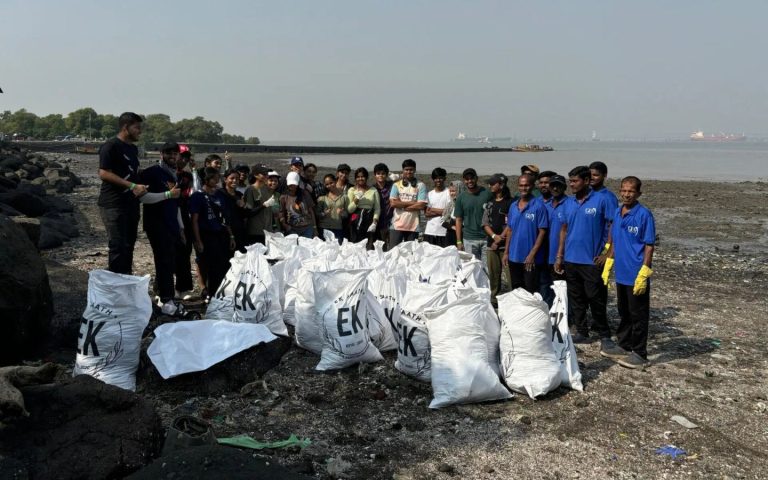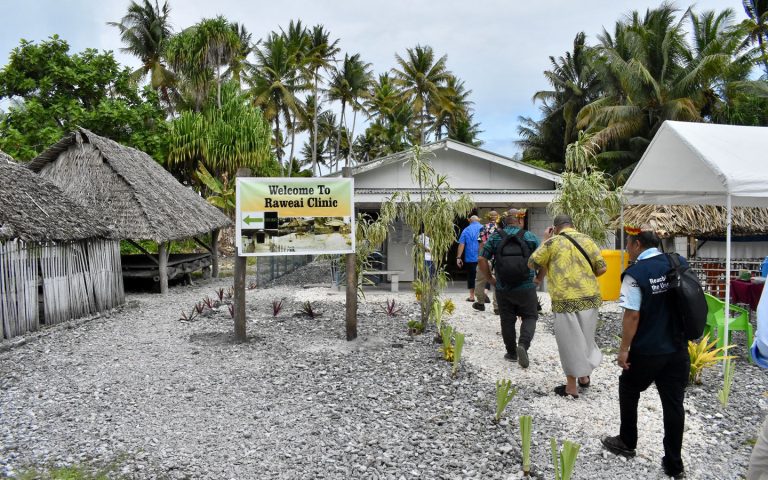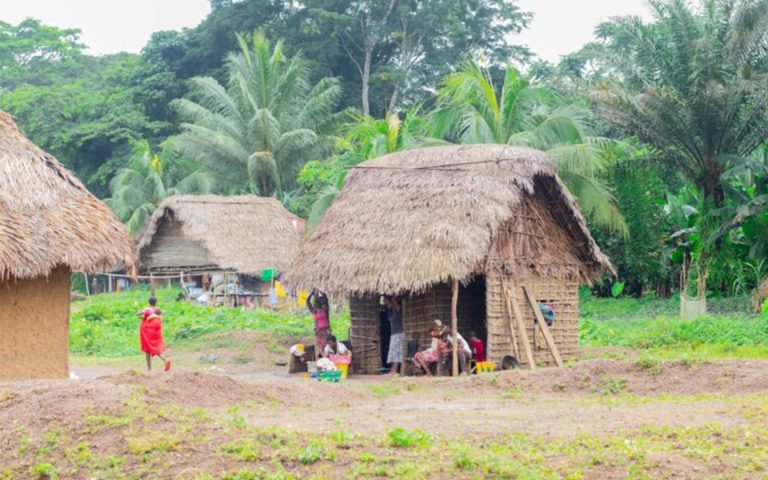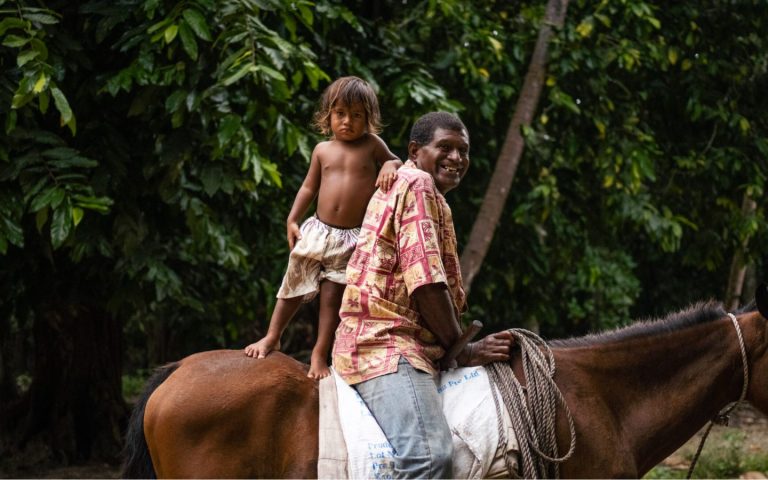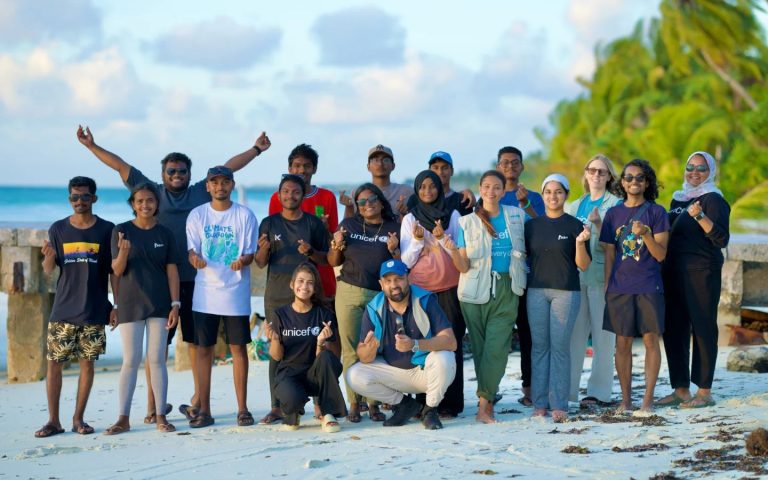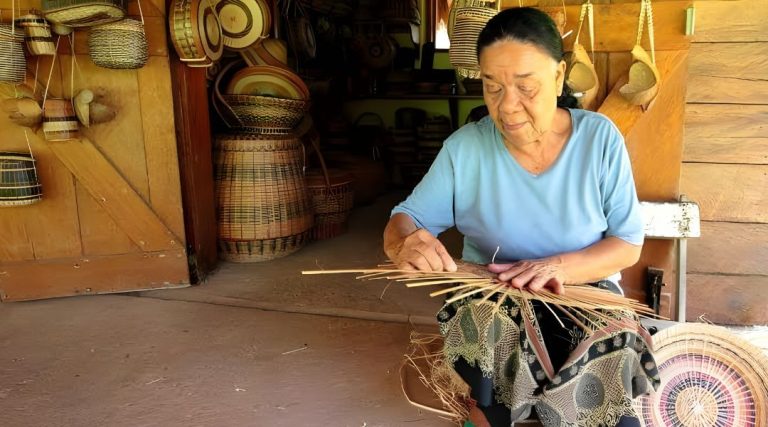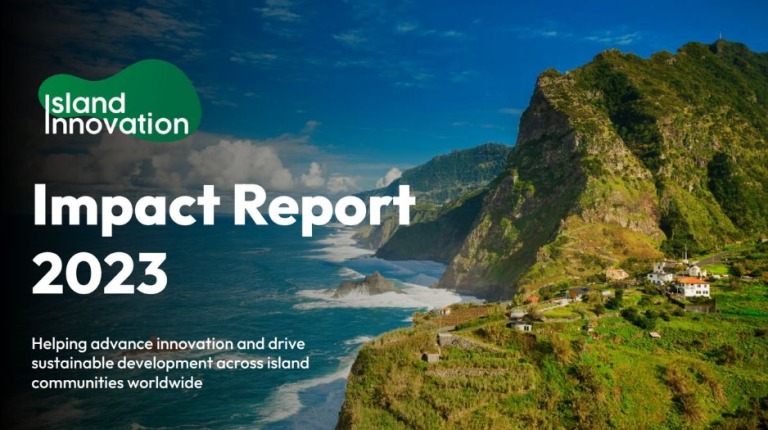Photo courtesy of Else Demeulenaere. Retrieved from guampdn.com
Excerpt from guampdn.com
For my first column of the New Year, I’d like to share a story I brought back from my recent trip to Aotearoa (New Zealand).
Over the holiday break, my family and I visited Tom’s sister, Ine, and her family who live in Aotearoa. It was a special family reunion with the grandparents joining us as well. We travelled across the Southern Island with the whole family.
Our family shares a deep love for the outdoors. We’re passionate about hiking and mountain biking. A few highlights included hikes through the stunning native limestone forests of Paparoa National Park and explorations of the mountain ranges and alpine lakes in Te Rua-o-te-moko (Fiordland National Park).
The boys also showcased their adventurous spirit by conquering the famous Paparoa Track on mountain bikes.
While spending time in nature or cooking a meal in a cabin together, Ine and I not only share stories about our children’s adventures and dreams but also engage in conversations about biocultural conservation.
Whaka-Ora Pest Project in Whakaraupō
Today, I’d like to share a conservation story closer to Ine’s hometown Lyttelton.
Ine is an active member of the NGO Conservation Volunteers New Zealand and is involved in the Whaka-Ora Pest Project in Whakaraupō (Lyttelton Harbor). This community-led initiative aims to enhance the biodiversity of the harbor by addressing the issue of invasive species through large-scale pest animal trapping and landscape restoration.
Over the past five years, tens of thousands of plants have been planted around the harbor, thanks to a collaboration between organizations, local communities and authorities, and many dedicated volunteers.
The plants help stabilize the hillsides, prevent erosion, and provide new habitat for birds, insects, and lizards. Ine’s passion for conservation doesn’t stop there; she is also pursuing a master’s degree in vertebrate pest management, blending her professional expertise with her personal commitment to preserving the natural environment.

